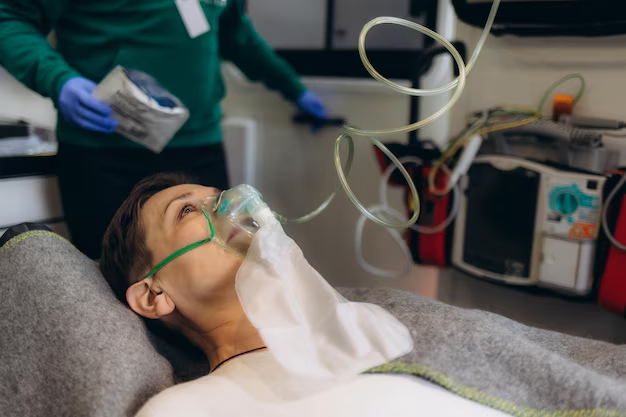How to Become a Respiratory Therapist: Essential Degrees and Certifications
Becoming a respiratory therapist is a rewarding career path that offers the opportunity to make a significant impact on patients' lives. To embark on this journey, the first step is obtaining the necessary education and credentials. Aspiring respiratory therapists typically need to earn an associate degree in respiratory therapy from an accredited program, which provides a comprehensive foundation in patient care, respiratory systems, and therapeutic procedures. Some choose to further their education with a bachelor's degree, expanding career opportunities and enhancing their professional knowledge.
After completing the educational requirements, obtaining licensure is essential. In the United States, this means passing the National Board for Respiratory Care (NBRC) exams to become a Certified Respiratory Therapist (CRT) and subsequently advancing to a Registered Respiratory Therapist (RRT) credential. Continuous education and certifications in specialized areas, such as neonatal or pediatric care, can further enhance a therapist's expertise, ensuring they remain at the forefront of this vital medical field. Let's delve into the specific qualifications required to launch a successful career in respiratory therapy.
Essential Educational Pathways and Certifications:
- 🎓 Associate Degree in Respiratory Therapy: Foundational education for entry-level positions.
- 🎓 Bachelor’s Degree in Respiratory Therapy: Advanced knowledge and greater career opportunities.
- 📜 CRT Certification (NBRC): Initial certification required for licensure.
- 📜 RRT Certification (NBRC): Advanced credential for increased professional recognition.
- 🧠 Specialty Certifications: Additional qualifications in areas like neonatal care, enhancing expertise.
Pursuing a career as a respiratory therapist involves dedicated training and commitment, providing a fulfilling path to help patients breathe easier and lead healthier lives.
